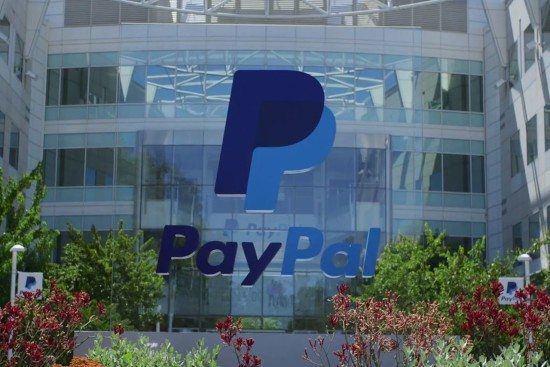PayPal has recently confirmed that a researcher found a high-severity security vulnerability in CAPTCHA that could expose user passwords to an attacker. The researcher, Alex Birsan, earned a bug bounty of $15,300 (£11,700) for reporting the problem, which was disclosed January 8 having been patched by PayPal on December 11, 2019.
The opinions expressed in this post belongs to the individual contributors and do not necessarily reflect the views of Information Security Buzz.



